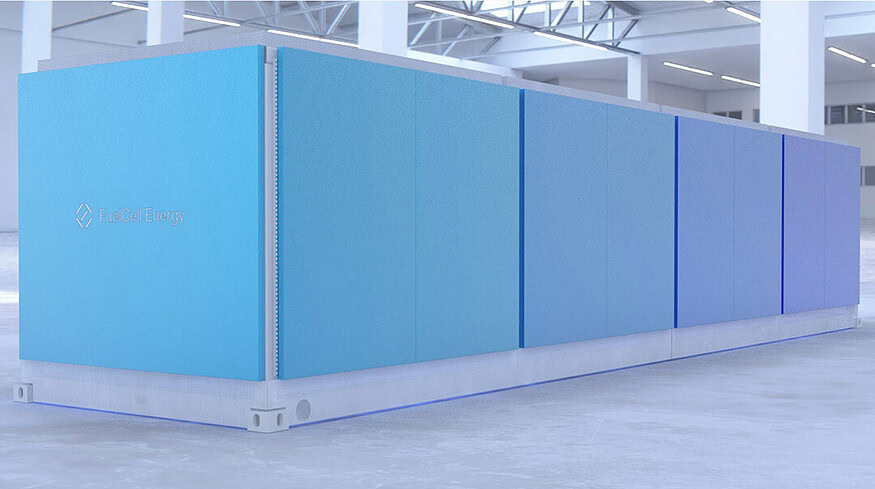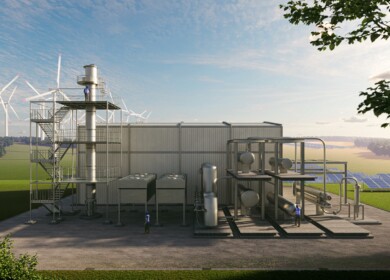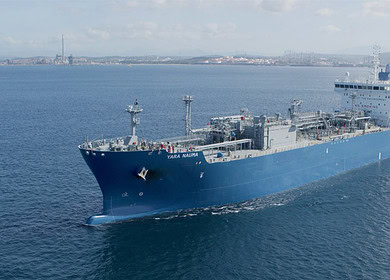FuelCell Energy and KHNP pursue clean hydrogen partnership

FuelCell Energy, a U.S.-based provider of fuel cell technology, and Korea Hydro & Nuclear Power (KHNP) have signed a memorandum of understanding (MoU) to jointly develop hydrogen energy solutions. The collaboration will leverage FuelCell Energy’s solid oxide electrolysis technology alongside KHNP’s nuclear power assets to produce clean hydrogen in South Korea, aiming to expand the country’s domestic hydrogen supply while reducing reliance on imports.
Under the agreement, the companies plan to combine South Korea’s clean energy sources with FuelCell Energy’s electrolysis platform to support hydrogen production at lower costs, increasing energy independence. FuelCell Energy’s technology uses a mix of electricity and thermal energy sources, contributing to hydrogen production that could serve various sectors, including transportation and agriculture, where hydrogen-derived ammonia is used as fertilizer.
Hydrogen produced through electrolysis can be stored long-term, transported, and accessed on demand. This technology enables zero-carbon hydrogen production from renewables like wind, solar, hydro, and nuclear sources, underscoring hydrogen’s potential as a stable energy source.
The strategic partnership aligns with broader industry efforts to support South Korea’s energy transition, as KHNP explores advancements in clean energy infrastructure. Kong Young-gon, Vice President of Hydrogen and Smart Business at KHNP, and Jason Few, President and CEO of FuelCell Energy, both highlighted the partnership’s role in advancing sustainable energy solutions, emphasizing hydrogen’s importance in driving a cleaner energy future for South Korea and the industry at large.
FuelCell Energy has already deployed over 100 megawatts of power generation capacity in South Korea and is noted for its development in solid oxide electrolysis fuel cell technology. Meanwhile, KHNP operates a variety of power-generating facilities across nuclear, hydroelectric, and renewable sources, making it a significant player in South Korea’s energy landscape.
This MoU comes amid a broader trend in Asia toward hydrogen as a key resource for energy transition. FuelCell Energy previously signed an MoU with Malaysia Marine and Heavy Engineering in 2023, aimed at establishing large-scale hydrogen production in the Asia-Pacific region, including New Zealand and Australia.
With an eye on expanding clean energy solutions in the region, both companies see this collaboration as an important step in advancing hydrogen technology and infrastructure, which could have long-term implications for South Korea’s energy independence and clean energy objectives.
Enjoyed this story?
Every Monday, our subscribers get their hands on a digest of the most trending agriculture news. You can join them too!
















Discussion0 comments